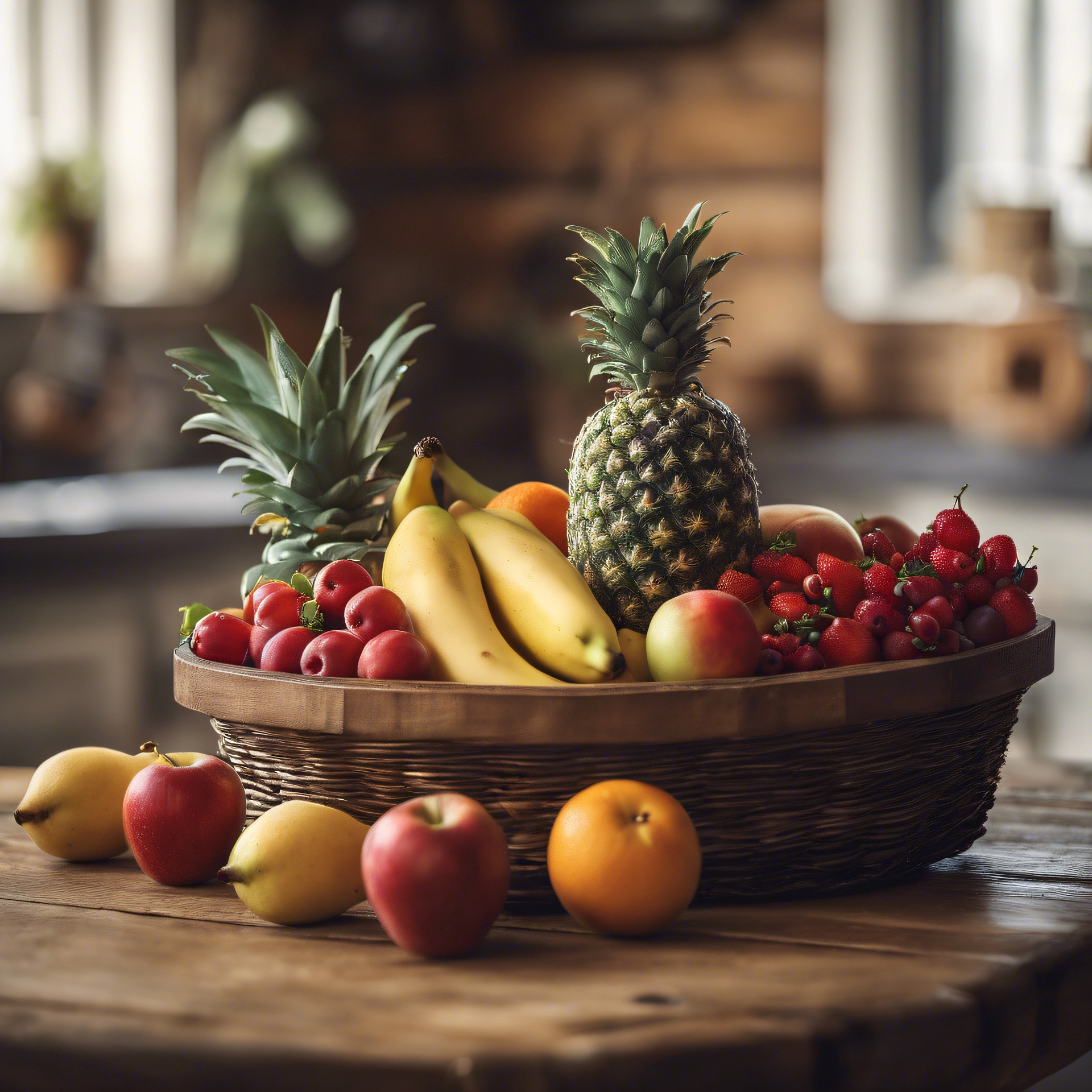Fruits have been a vital part of human civilization for thousands of years, playing a significant role in our diets, cultures, and economies. Understanding the history of fruits can provide valuable insights into their significance and evolution over time.
1. Early Cultivation
The domestication of fruit-bearing plants began around 10,000 years ago, during the Neolithic period, when humans transitioned from nomadic lifestyles to settled agriculture. Early farmers recognized the value of cultivating fruit trees, such as figs, olives, and pomegranates, which provided essential nutrients and energy. These fruits were not only consumed fresh but were also dried or preserved for later use.
2. The Role of Fruits in Ancient Civilizations
Fruits held significant cultural and religious importance in ancient civilizations. In ancient Egypt, fruits like dates and figs were staples in the diet and were often used in religious rituals. The Greeks and Romans celebrated fruits such as grapes and apples, associating them with various gods and goddesses. For instance, Dionysus, the Greek god of wine, was closely linked to the cultivation of grapes.
3. The Spread of Fruits Across Continents
The exploration and trade routes established during the Age of Exploration in the 15th and 16th centuries facilitated the exchange of fruits between continents. European explorers introduced new fruits to the Americas, such as apples, peaches, and citrus fruits, while indigenous peoples shared native fruits like tomatoes, avocados, and pineapples with the world. This exchange enriched diets globally and contributed to the agricultural diversity we enjoy today.
4. Advances in Agriculture
With the advent of modern agriculture in the 19th and 20th centuries, the cultivation of fruits underwent significant changes. Advances in horticultural practices, breeding techniques, and pest control methods led to increased yields and improved fruit quality. Farmers began to cultivate hybrid varieties, resulting in fruits that were sweeter, larger, and more resistant to diseases.
5. The Rise of Global Trade
In recent decades, globalization has transformed the fruit industry. Advances in transportation and refrigeration have made it possible to ship fresh fruits worldwide, allowing consumers to enjoy a variety of fruits year-round. This global trade has led to increased availability and access to exotic fruits that were once limited to specific regions.
6. The Importance of Sustainable Practices
As the demand for fruits continues to grow, there is an increasing emphasis on sustainable agricultural practices. Consumers are becoming more aware of the environmental impact of fruit production and are seeking out organic and locally sourced options. Sustainable farming practices, such as crop rotation, integrated pest management, and reduced chemical use, are being adopted to ensure the long-term viability of fruit production.
Conclusion
The history of fruits is a testament to their enduring significance in human culture and agriculture. From their early cultivation in ancient civilizations to the global trade of today, fruits have shaped our diets and societies. As we continue to explore new varieties and embrace sustainable practices, the future of fruits remains bright, promising continued enjoyment and nourishment for generations to come.



